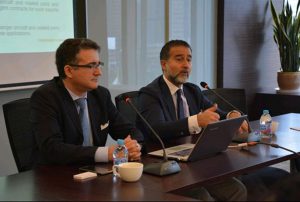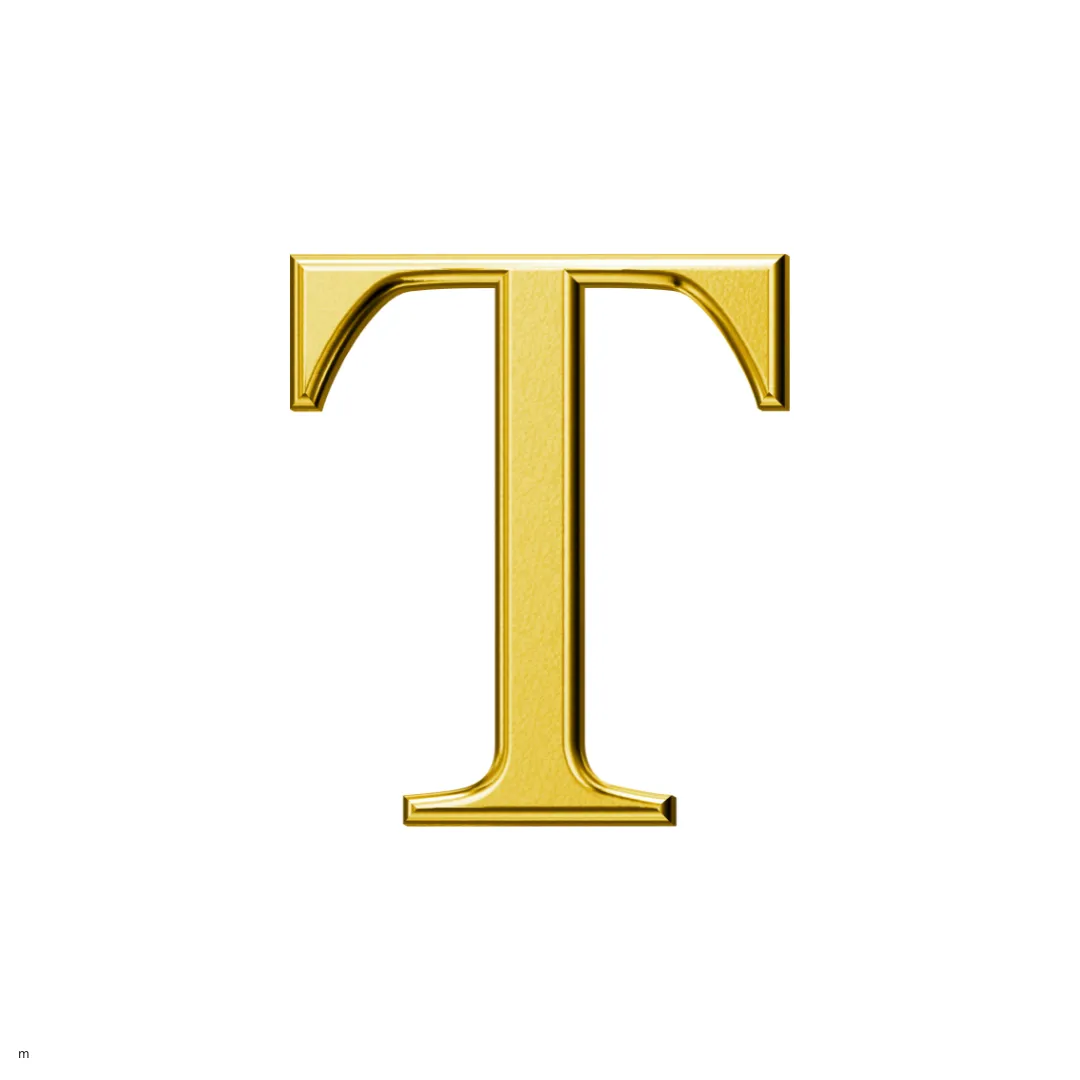By: Trends Editorial Team
Qualified in Be lgium, Baki Maneche was successively based in New-York, Paris and Dubai before moving to Tehran in 2014. He has worked with international law firms in France, Belgium and the USA and has also been acting as general counsel for several corporations. Baki was instrumental in launching and developing the practice of Dentons law firm in Iran before founding Ferdowsi Legal with Jean-Charles Albitre. He is fluent in French, English, and Persian.
lgium, Baki Maneche was successively based in New-York, Paris and Dubai before moving to Tehran in 2014. He has worked with international law firms in France, Belgium and the USA and has also been acting as general counsel for several corporations. Baki was instrumental in launching and developing the practice of Dentons law firm in Iran before founding Ferdowsi Legal with Jean-Charles Albitre. He is fluent in French, English, and Persian.
Thank you so much for giving Trends this exclusive interview. How do you assess the status of the JCPOA talks and what we can expect from them? (This question may be changed or replaced by a new one if JCPOA is revived by the time we go to print.)
Reviewing the history of negotiations between Iranian conservatives and the US makes me believe, without any originality, in an optimistic outcome since both parties strongly need to reach an agreement even though they will always deny it. However, my optimism must be tempered by deeply rooted difficulties, the main one being the broken trust. At this stage of the talks, I cautiously foresee a kind of agreement that may not address all the issues of the JCPOA. This said, everything remains possible except a military solution that I have never thought realistic even if the current talks fail.
In the best-case scenario of JCPOA revival, what would still be the hurdles on the way of doing business with/in Iran, as in lack of information among investors and traders, Iran’s business environment, commercial laws, rules and regulations…?
The main issues remain the same: The nonconformist Iranian business mentality after years of international isolation, and the lack of international banking channels due to economic sanctions and non-compliance with the Financial Action Task Force (FATF). Other elements, especially local regulations, are easier to overcome.
Please tell us a bit about Ferdowsi Legal. When was it established? What is the mission and vision and main activities of your law firm? Most importantly, how did you manage to survive and thrive during the Trump years in this country?
Ferdowsi Legal is one of the last foreign law firms still active in Iran with a full-time presence in Iran and the only one with resident European partners. We provide international companies with legal, tax and business strategy services in relation to Iran. From the start, our model was to combine local expertise and European know-how thanks to a multicultural team on the ground.
We decided, during the difficult years of the Trump administration, to keep our firm and our foreign partners fully operational in Tehran instead of maintaining a kind of representative office managed from a European capital like others did. Many foreign companies active in the agri-food, pharma or medical sectors, outside of the scope of US sanctions, maintained their activity in Iran and their trust in our services. This also explained our success despite the storm.
Please tell us what is new with regards to Ferdowsi Legal’s activities in Iran? Any new service offering? (Transition point to the “new banking channel topic)
Our firm covers legal, tax and market/business strategy. We have significant experience in the agri-food, medical and pharmaceutical sectors but also, among others, in energy and automotive industries. We can assist our clients in all aspects of carrying out business activities in and with Iran and the Middle East, and in deciding on the right investment structures or trade strategies. We obviously have an expertise in international sanctions laws and work with several prominent foreign law firms, including a renowned economic sanctions law firm in Washington, DC. We have also built a trust relationship with a European bank specialized in transactions with Iran for several years now.
Tell us more about this new banking channel? What industry sectors does it cover? How can companies use it? How safe and secure is it and are there any risks to companies who wish to use it?
First, we should point out that we are talking about a few banks that have been active for years in this market with a track-record of successful transactions from and to Iran, but only for companies of their respective country of origin. What has changed is that they have decided to extend their Iran related services to all European companies and even beyond leveraging on the expertise they gained in creating legal, compliant, and efficient direct banking channels with countries under US secondary sanctions including Iran. Indeed, these few banks invested significantly in their compliance tools and their team dedicated to “difficult” countries. Concerning Iran, they comply with European and US regulations and focuses on the agri-food, medical and pharmaceutical industries, of course without any US Dollar dealing. Contrary to diplomatic initiatives like INSTEX or the Swiss banking channel, these few banks provide a direct channel with four main Iranian banks. They are even open to Iranian companies able to abide by the usual, yet very strict, compliance rules.
Has it successfully been used yet? If so, can you give us some examples? What costs are involved on top of normal banking fees/charges, if any?
They have been processing transactions from and to Iran for years now and with a wide range of clients (SMEs to international groups). The process is fully operational and efficient. Of course, you cannot expect usual bank fees considering their initial investment, the burden of compliance reviews and the risk they have accepted to take. However, these costs are designed to facilitate the trades based on a tailor-made assessment taking into account the complexity of the transactions and, always, the margins applied in the given sector so that business remains viable. It will always remain much cheaper and safer than the risky grey mechanisms (sarafs, exchange middlemen, etc.) that no Western company would accept.
Why hasn’t this been done before by other banks or financial institutions? If this is legal, why can’t you name the banks behind the initiative? What has been Ferdowsi Legal’s role, if any, in the launch of this new channel and what services do you provide to clients to facilitate this mechanism?
I believe that practically no other banks have done so much investment for transactions with difficult countries, with a dedicated team of experts and specific software. One of these banks is a specialist in countries under sanctions and has accepted to take the risks in developing this practice They have their own communication channels and have strict control on their public visibility. I believe that business in or with Iran will still require confidentiality and low profile for years to come, whatever happens with respect to the JCPOA. Concerning the role of Ferdowsi Legal, we act as strategic advisors to our clients and as such we believe that it is our task to provide a comprehensive service package, including facilitating trustful banking solutions. When something works, we must consider it for the success of our cases.

One can assume that even in the case of successful revival of the JCPOA, it will take months for regular banking channels to re-open to companies and even so, some banks may never return to the Iranian market, so this channel could be effective even with the JCPOA in place, correct?
This mechanism will not be affected by a potential failure of the current talks since humanitarian trade would always remain out of the scope of sanctions. US regulations authorize the exportation and re-exportation of agriculture commodities, food, certain qualified medical devices and medical supplies to Iran pursuant to a general license covering also shipping and cargo inspection arrangements, insurance, financing, and payment! The scope for agri-food related goods is also very wide with exportation of food for humans, including raw, processed, and packaged food, animals, animal feeds, vitamins and minerals, food additives, supplements, bottled drinking water, seeds for food crops, reproductive materials for animals, etc. And many supplies to Iranian agri-food, medical, sanitation and hygiene industries are also legal. None of these businesses will stop!
Can we expect any investment from foreign investors, especially the Europeans, in a post-sanction scenario? If so, what sectors would such companies/investors be interested in and in what types of opportunities (trade, investment, M&A)?
We do not expect the same rush and interest as a few years ago. Trade within the Agriculture-Medical exemption will be a first test for foreign companies. Trust will require time to re-establish and Chinese as well as Russian companies might overtake their European competitors in such a scenario. Iranians are open to various kinds of strategic partnerships, including producing under license or within a joint venture. In such a configuration the European manufacturers will be able to produce locally, with lower costs, and to sell locally or even export in the region and/or Europe like some already do.



